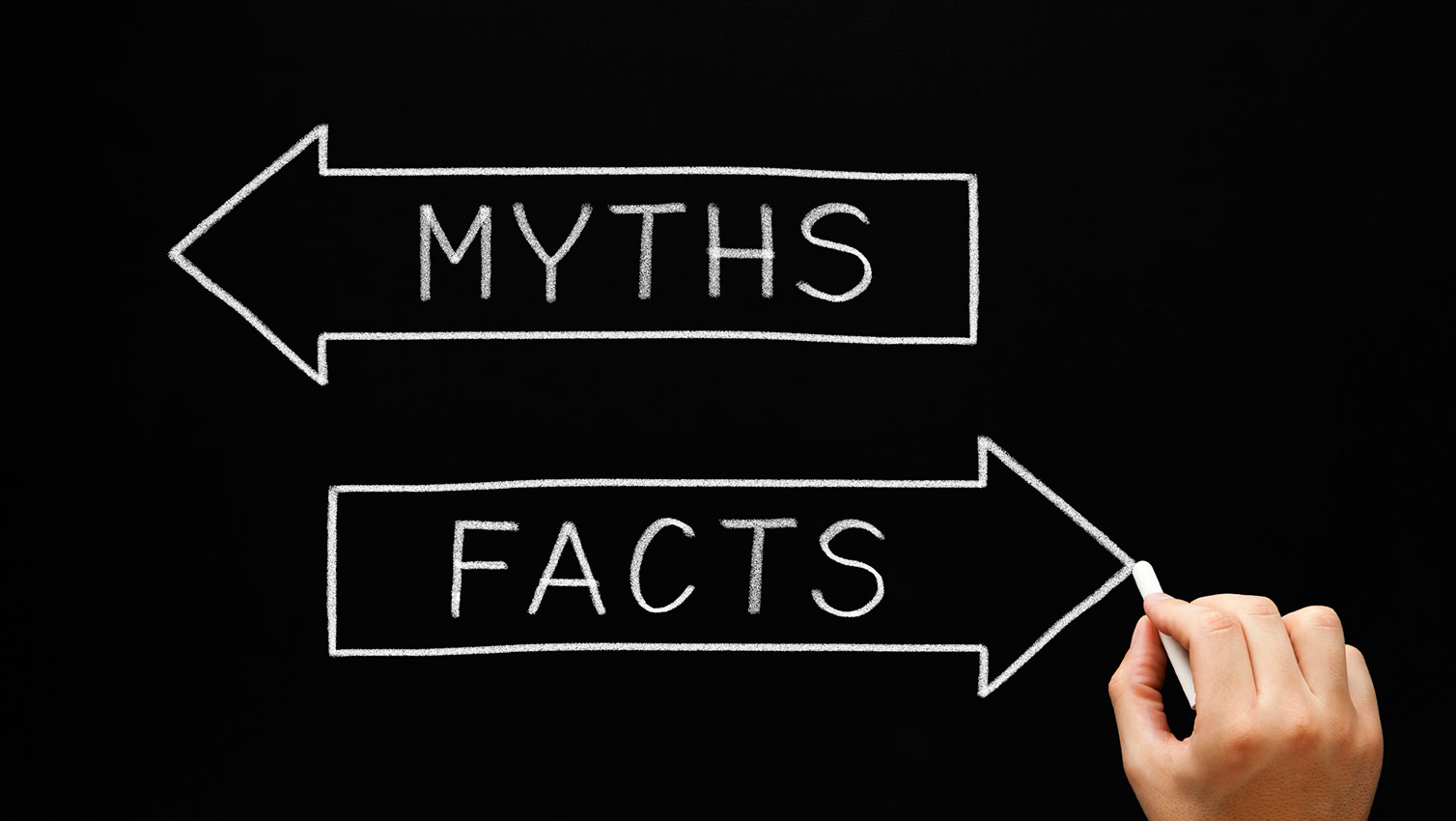Myths help explain why some brands enter the Zeitgeist and others do not.
Giuseppe Cavallo
Founder, Voxpopuli
gicavallo @
@ voxpopulilabs.com
voxpopulilabs.com
Why do some brands find their way into our hearts and minds, while others remain at the level of pure noise, without even getting our attention for a moment?
This is an important question, because the answer has a direct impact on market share and the lasting sustainability of your enterprise. I will try to give simple answers, so I ask for your understanding if they may seem simplistic.
The simplest answer is that a brand touches people’s hearts consistently when it is able to connect with a myth that is relevant for its public. Douglas B. Holt, professor of marketing at Oxford University, maintains that brands become iconic when they can offer myths that help resolve the contradictions of society: they’re channels for expressing desire and relieving anxiety. In his book How Brands Become Icons, Prof Holt mentions many cases of brands that have been able to express the Zeitgeist of the American society and, in so doing, have attained spectacular and lasting success. One case is that of
Volkswagen that on two different occasions, in the ’70s and in the ’90s, was able to address the dream of a bohemian life that was the spirit of the moment for many young professionals who felt the pains of a work life that had become too competitive and materialistic.
What is a myth?
Holt’s ideas about iconic brands imply a certain understanding of myth. But let’s dig deeper. Joseph Campbell, probably the world’s greatest mythologist, who wrote The Hero with a Thousand Faces among other masterpieces, before passing away in 1990, gives us a compelling definition. Myths connect our cognitive mind with regions of our spirit that could never be accessed with our space-time orientation and causal mind. In other words they are messengers of our subconscious or, if you are open to the idea, of a greater collective consciousness.
Deepak Chopra, another great explorer of the depth of our minds and souls, also gives us interesting guidelines to understand myth. He says that myths represent our collective (shared) imagination, yearning and memory. They offer stories that are simple and primordial and can serve different purposes:
• give meaning to life;
• create a cultural mindset;
• create an idealist vision to which to aspire;
• serve as a bridge from what is to what could be;
• fuel collective anxieties, desires and imagination;
• function as powerful narcotics.
How can a brand relate a public to a specific myth?
If we consider the position of Prof Holt and that of Joseph Campbell or Deepak Chopra, we understand that they refer to myth at two different levels. While Douglas Holt hints at a story that can resolve a tension between the unsatisfactory reality and the dream of a better life in a specific historical moment, Campbell and Chopra tend to refer to the spiritual dimension of myths, to their connection with the subconscious and the collective consciousness, and in doing so they refer to a dimension of the myth that is out of time and out of space.
My opinion is that a brand has to work at both levels. While it has to be able to work “in the time” with inspirational solutions to the tensions of the moment, it also has to be able to offer a Weltanschauung, a vision of the world (of the universe, of life) that supports its public in the hard task of making a sense of our passage on this planet. In this sense, for instance, Patagonia offers a solution to the tension between consumerism and preservation of the planet, while Harley–Davidson offers the rebel myth as a way of interpreting our existence.
Is a brand only about myth?
Clearly not. A brand has to serve on three levels. The functional, with impeccable benefits that respond to specific practical needs; the emotional, to engage; and the spiritual, to inspire. But all brands have a potential to become mythic: think of Bic pens and Havaianas flip-flops.


Leave a Reply